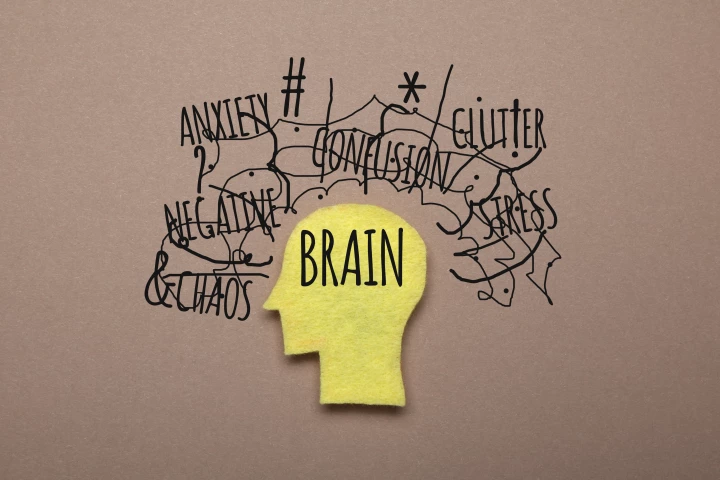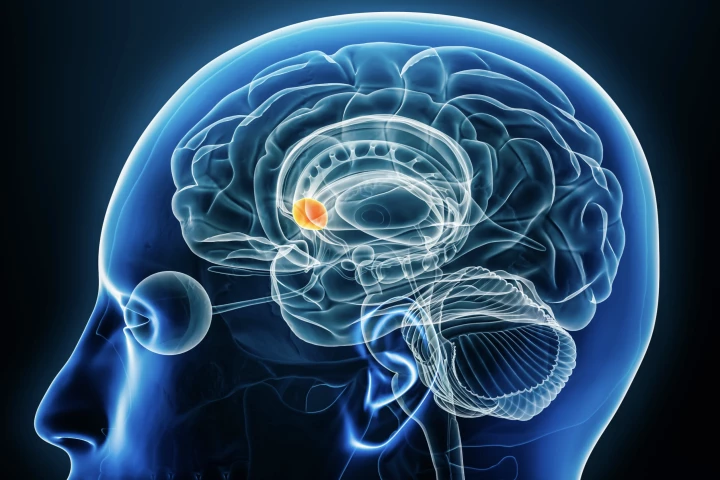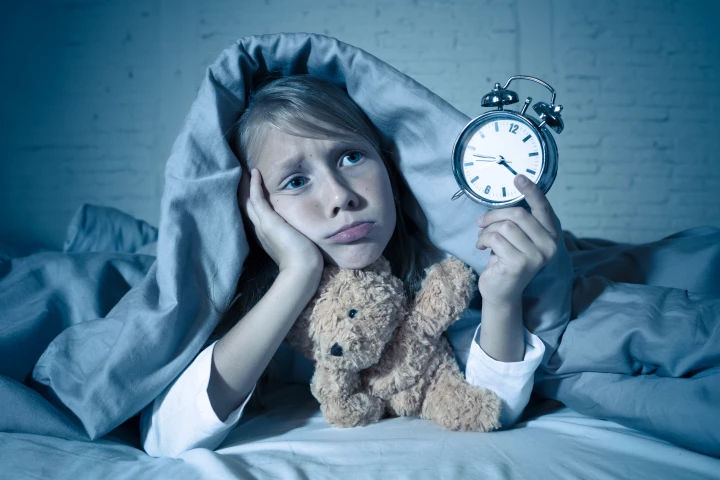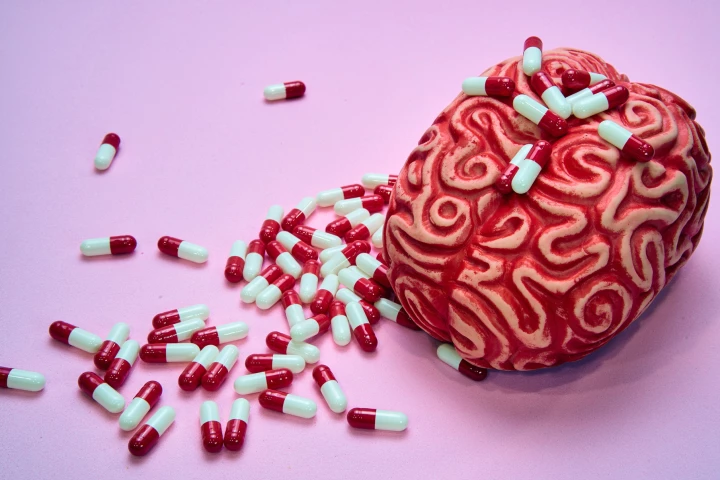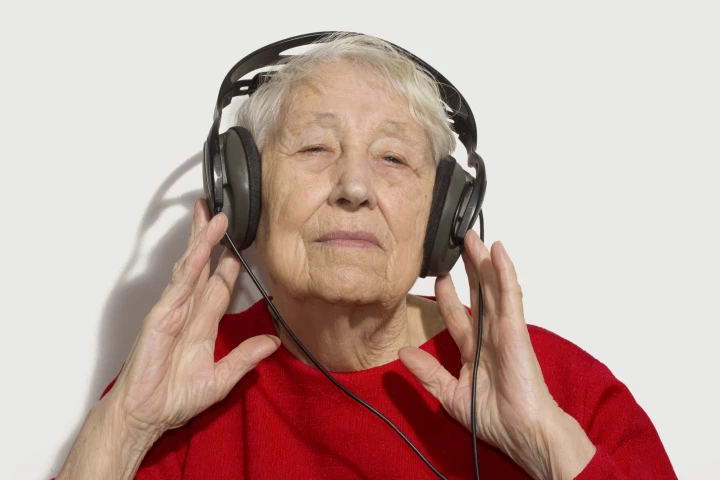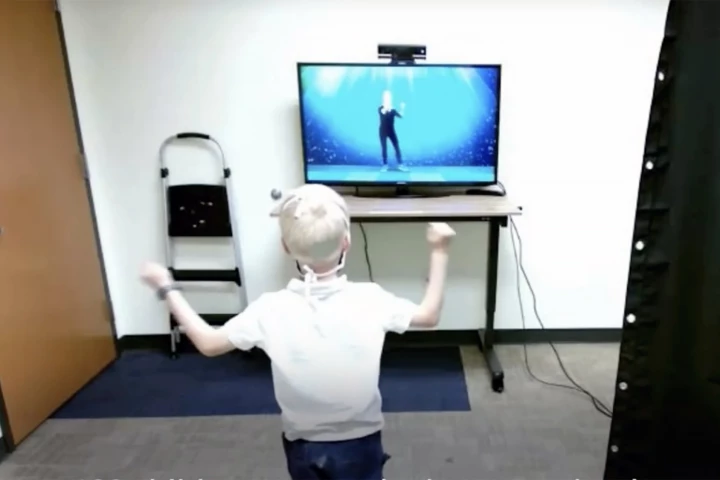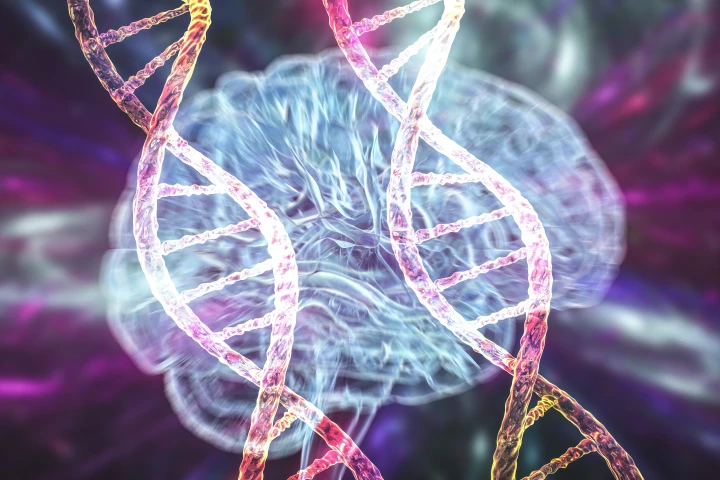ADHD
-
For the first time, a new study demonstrates that insomnia severity directly impacts ADHD traits and quality of life in adults. It calls for more attention to be paid to how treating sleep disorders can greatly improve wellbeing for people with ADHD.
-
Dopamine doesn’t flood the brain as once believed – it fires in exact, ultra-fast bursts that target specific neurons. The discovery turns a century-old view of dopamine on its head and could transform how we treat everything from ADHD to Parkinson’s.
-
Exposure to common metals has again been linked to ADHD and specific symptoms. It builds on existing research that has found a strong association between environmental contaminants like lead and a higher rate of people diagnosed with the condition.
-
Researchers have found a genetic link between the nighttime production of the sleep hormone melatonin and ADHD severity in children. The study enhances our understanding of the complexities associated with this prevalent neurodevelopmental condition.
-
Not everyone with ADHD responds to stimulants like Ritalin, which increase dopamine levels. New research suggests the drug’s effectiveness is less about the dopamine it produces and more about the number and type of brain receptors that respond to it.
-
Scientists have uncovered an odd superpower triggered by tapping your finger to a beat – it may help you understand someone talking to you in a noisy place, like at a busy cafe. While it sounds a little woo-woo, there's emerging science behind it.
-
A landmark clinical trial testing the effect of microdosing LSD on symptoms of ADHD recently delivered its first data readout and the results have been surprising, to say the least, raising questions over the efficacy of this popular trend.
-
A decade-spanning study has revealed a troubling side effect when pregnant women take a common painkiller during their pregnancies. The effect of the over-the-counter drug was significantly stronger in female offspring than males.
-
What happens in your brain when you listen to your favorite music? Can hearing a nostalgic song from your youth actually improve your cognitive health and help fight off conditions like Alzheimer's? Several neuroscientists are trying to find out.
-
In the first study of its kind, scientists have used extensive data to identify that adults with ADHD have a significantly lower life expectancy than their neurotypical peers. This unprecedented research should serve as a serious wake-up call.
-
After recording kids copying the dance moves of an on-screen avatar for just a minute, an innovative tool can accurately distinguish neurotypical children from those with autism. It can even tell autism from ADHD, conditions that commonly overlap.
-
We've never been closer to accurately assessing whether someone is more susceptible to developing depression due to their biology, with 293 new gene variants found to play a role in ramping up the risk factor. That's 42% more than previously known.
Load More
